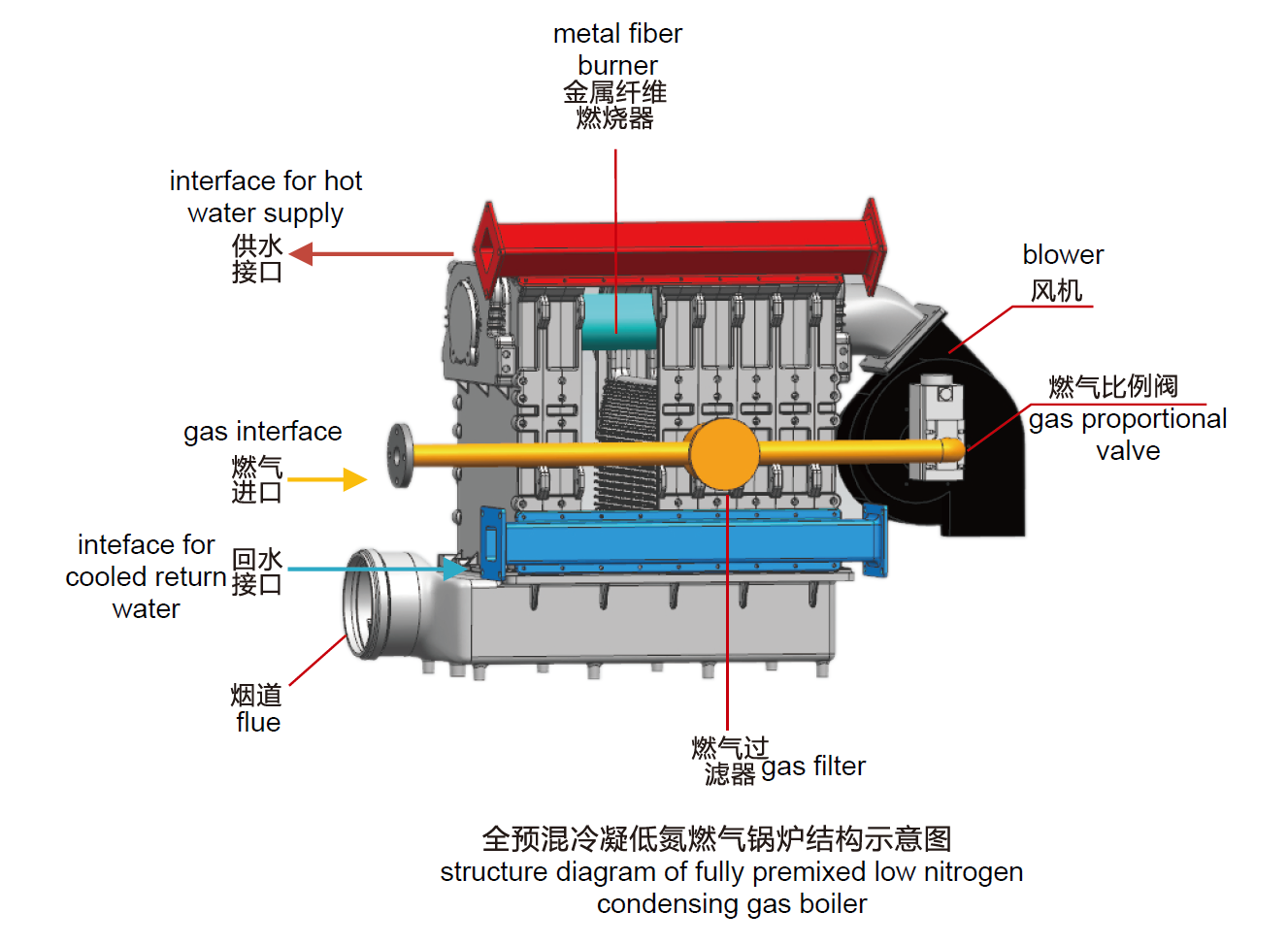- Afrikaans
- Albanian
- Amharic
- Arabic
- Armenian
- Azerbaijani
- Basque
- Belarusian
- Bengali
- Bosnian
- Bulgarian
- Catalan
- Cebuano
- China
- China (Taiwan)
- Corsican
- Croatian
- Czech
- Danish
- Dutch
- English
- Esperanto
- Estonian
- Finnish
- French
- Frisian
- Galician
- Georgian
- German
- Greek
- Gujarati
- Haitian Creole
- hausa
- hawaiian
- Hebrew
- Hindi
- Miao
- Hungarian
- Icelandic
- igbo
- Indonesian
- irish
- Italian
- Japanese
- Javanese
- Kannada
- kazakh
- Khmer
- Rwandese
- Korean
- Kurdish
- Kyrgyz
- Lao
- Latin
- Latvian
- Lithuanian
- Luxembourgish
- Macedonian
- Malgashi
- Malay
- Malayalam
- Maltese
- Maori
- Marathi
- Mongolian
- Myanmar
- Nepali
- Norwegian
- Norwegian
- Occitan
- Pashto
- Persian
- Polish
- Portuguese
- Punjabi
- Romanian
- Russian
- Samoan
- Scottish Gaelic
- Serbian
- Sesotho
- Shona
- Sindhi
- Sinhala
- Slovak
- Slovenian
- Somali
- Spanish
- Sundanese
- Swahili
- Swedish
- Tagalog
- Tajik
- Tamil
- Tatar
- Telugu
- Thai
- Turkish
- Turkmen
- Ukrainian
- Urdu
- Uighur
- Uzbek
- Vietnamese
- Welsh
- Bantu
- Yiddish
- Yoruba
- Zulu
సెప్టెం . 18, 2024 12:56 Back to list
condensing gas heater
The Benefits and Efficiency of Condensing Gas Heaters
In the quest for energy efficiency and sustainable living, condensing gas heaters have emerged as a significant innovation in the heating industry. These heating units are designed to capture and utilize heat that would otherwise be lost in conventional heating systems, thereby maximizing energy efficiency and minimizing environmental impact.
What is a Condensing Gas Heater?
At its core, a condensing gas heater operates by burning natural gas or propane to generate heat. However, unlike traditional gas heaters, condensing models employ a unique technology that allows for the recovery of heat from the exhaust gases. In essence, as the unit heats water, it also cools down the flue gases that would typically escape into the atmosphere. This cooling process condenses the steam in the exhaust, hence the name condensing.
Enhanced Energy Efficiency
One of the most compelling advantages of condensing gas heaters is their impressive energy efficiency. Most conventional gas heaters operate at an efficiency of around 80-90%. In contrast, condensing models can achieve efficiency ratings of 90% to over 98%. This remarkable improvement translates into reduced energy consumption, resulting in lower utility bills for homeowners and businesses.
Moreover, due to the advanced technology behind these heaters, they can provide significant cost savings over time. While the initial investment may be higher than that of a traditional gas heater, the long-term savings on energy bills can quickly offset the upfront cost. This makes condensing gas heaters not only an environmentally friendly choice but also a financially wise one.
Environmentally Friendly
condensing gas heater

In an era where climate change is a pressing concern, the efficiency of condensing gas heaters contributes positively to the environment. By utilizing more of the energy generated from natural gas, these heaters emit fewer greenhouse gases per unit of heat produced. This reduction in emissions makes them a more sustainable option compared to traditional gas heating solutions.
Additionally, the decreased need for fuel translates into less extraction and consumption of natural resources, further alleviating the environmental burden associated with energy production. Many manufacturers are also focusing on producing condensing gas heaters with recyclable materials, adding another layer of sustainability.
Installation and Maintenance
Installing a condensing gas heater does require specific considerations. Due to the process of condensing, these units may require additional drainage systems to manage the moisture produced. It is essential for homeowners to consult with qualified professionals to ensure proper installation and adherence to local codes.
Maintenance of condensing gas heaters is relatively straightforward. Regular servicing ensures the system operates optimally and efficiently for years. Homeowners can expect fewer repairs and longer equipment life, making these heaters a dependable choice.
Conclusion
In summary, condensing gas heaters represent a significant advancement in heating technology, offering unparalleled energy efficiency, cost savings, and environmental benefits. As more families and businesses seek to minimize their energy consumption and carbon footprint, these innovative heating solutions will undoubtedly play a crucial role in creating a more sustainable future. With comprehensive benefits and reliable performance, condensing gas heaters are paving the way for smarter and greener heating practices.
-
8mm Thin-Walled Cast Steel Manhole Cover Pallet Bottom Ring | Durable
NewsAug.04,2025
-
Premium Cast Iron Water Main Pipe: Durable, Corrosion-Resistant
NewsAug.03,2025
-
Durable Cast Iron Water Mains | AI-Optimized Systems
NewsAug.02,2025
-
High-Efficiency Propane Boiler for Baseboard Heat | Save Energy
NewsAug.01,2025
-
Premium Source Suppliers for Various Gray Iron Castings
NewsJul.31,2025
-
Durable Cast Iron Water Main Pipes | Long-Lasting
NewsJul.31,2025


